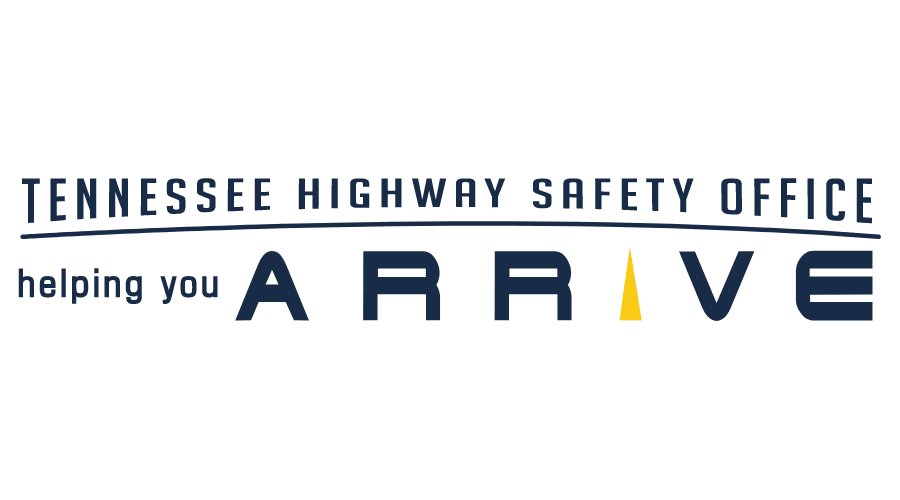15th anniversary edition of the program will see 30 fleets honored at the TCA Convention in Orlando
ALEXANDRIA, Virginia and NEWMARKET, Ontario:
Truckload Carriers Association (TCA) and CarriersEdge today unveiled the 2023 Best Fleets to Drive For®. The Top 20 winners are comprised of for-hire trucking companies from across North America that are being recognized for providing exemplary work environments for their professional truck drivers and employees.
To be considered for the Best Fleets program, for-hire companies operating 10 or more tractor trailers had to receive a nomination from one of their company drivers or owner-operators. The fleets were then evaluated using a scoring matrix covering a variety of categories, including total compensation, health benefits, performance management, professional development, and career path/advancement opportunities, among other criteria. Driver surveys were also conducted to collect input from drivers and independent contractors working with the fleets.
Last year, TCA and CarriersEdge expanded the program by adding a Hall of Fame category. This recognition level is above the regular Top 20 and honors fleets demonstrating Top 20 performance for extended periods of time. To be eligible for the Hall of Fame, fleets must be named as a Best Fleet for 10 consecutive years, or 7 years with at least one overall award, and must continue to qualify as a Top 20 to be eligible. While the fleets inducted last year have maintained their exemplary status, two additional fleets have earned the honor this year and will be inducted into the Best Fleets to Drive For Hall of Fame, sponsored by EpicVue.
“This year we saw 165 fleets nominated by their drivers for this program and a record-breaking 95 finalists,” said CarriersEdge Chief Executive Officer Jane Jazrawy. “This year’s Top 20 and Hall of Fame fleets rose to the top with a range of inventive and effective programs, that reflect true innovation and creative thinking.”
“The Best Fleets to Drive For has made a substantial impact on drivers and the carriers they work for,” shared TCA President Jim Ward. “During Truckload 2023: Orlando, we’re eager to recognize 30 fleets who are focused on providing a great workplace for their professional truck drivers. Be sure to attend this year’s awards presentation in March where we honor these Top 20 Best Fleets to Drive For.
Congratulations to this year’s Top 20 winners:
- American Central Transport – Kansas City, MO
- C.A.T. Inc. – Coteau-du-Lac, QC
- Challenger Motor Freight Inc. – Cambridge, ON
- Chief Carriers, Inc. – Grand Island, NE
- Continental Express, Inc. – Sidney, OH
- Decker Truck Line, Inc. – Fort Dodge, IA
- Erb Transport – New Hamburg, ON
- Fortigo Freight Services Inc. – Etobicoke, ON
- Fremont Contract Carriers, Inc. – Fremont, NE
- Jetco Delivery a GTI Company – Houston, TX
- K & J Trucking, Inc. – Sioux Falls, SD
- Kriska Holdings Limited – Prescott, ON
- Leonard’s Express – Farmington, NY
- Nick Strimbu, Inc. – Brookfield, OH
- PGT Trucking, Inc. – Aliquippa, PA
- Thomas E. Keller Trucking Inc. – Defiance, OH
- TLD Logistics Services, Inc. – Knoxville, TN
- Transland – Strafford, MO
- Veriha Trucking, Inc. – Marinette, WI
- Wellington Group of Companies – Aberfoyle, ON
|
Returning Hall of Fame recipients are as follows:
- Bison Transport Inc. – Winnipeg, MB
- Boyle Transportation – Billerica, MA
- Central Oregon Truck Company, Inc. – Redmond, OR
- FTC Transportation, Inc. – Oklahoma City, OK
- Grand Island Express – Grand Island, NE
- Halvor Lines, Inc. – Superior, WI
- Nussbaum Transportation Services, Inc. – Hudson, IL
- Prime Inc. – Springfield, MO
New Hall of Fame recipients are as follows:
- Garner Trucking, Inc. – Findlay, OH
- TransPro Freight Systems Limited – Milton, ON
In addition to the Top 20, TCA and CarriersEdge identified five Fleets to Watch (honorable mentions):
- Crete Carrier Corporations and its Shaffer Trucking Division – Lincoln, NE
- Mill Creek Motor Freight LTD – Ayr, ON
- Skelton Truck Lines – Sharon, ON
- Steve’s Livestock Transport – Blumenort, MB
- USXL – Foristell, MO
Two overall winners, in large and small fleet categories, will be named during TCA’s Annual Convention — Truckload 2023: Orlando — set for March 4-7 at the Gaylord Palms Resort & Convention Centre, Kissimmee, FL. The overall winner awards are sponsored by Eleos Technologies and TruckRight.
To learn more about the Hall of Fame category, the nomination process, or additional information on the Best Fleets to Drive For program, visit www.bestfleetstodrivefor.com. Be sure to follow the hashtag #BestFleets23 on social media to follow this year’s contest.
| About Best Fleets to Drive For
Launched in 2008, Best Fleets to Drive For® is the only annual program dedicated to uncovering the best workplaces in the North American trucking industry. Produced by CarriersEdge, in partnership with Truckload Carriers Association, Best Fleets to Drive For recognizes the for-hire fleets providing exceptional workplace experiences for their company drivers and independent contractors.
About CarriersEdge
CarriersEdge is a leading provider of online driver training for the trucking industry. With a comprehensive library of safety and compliance courses, supported by advanced management and reporting functions, CarriersEdge helps over two thousand fleets train their drivers without sacrificing miles or requiring people to come in on weekends.
About Truckload Carriers Association
Located in Alexandria, Virginia, TCA is the only trade association whose sole focus is the truckload segment of the motor carrier industry. The association represents dry van, refrigerated, flatbed, tanker, and intermodal container carriers operating throughout North America. Founded in 1938, the TCA represents operators of over 220,000 trucks, which collectively produce revenue of more than $40 billion in annual truckload revenue. www.truckload.org |
|
|






